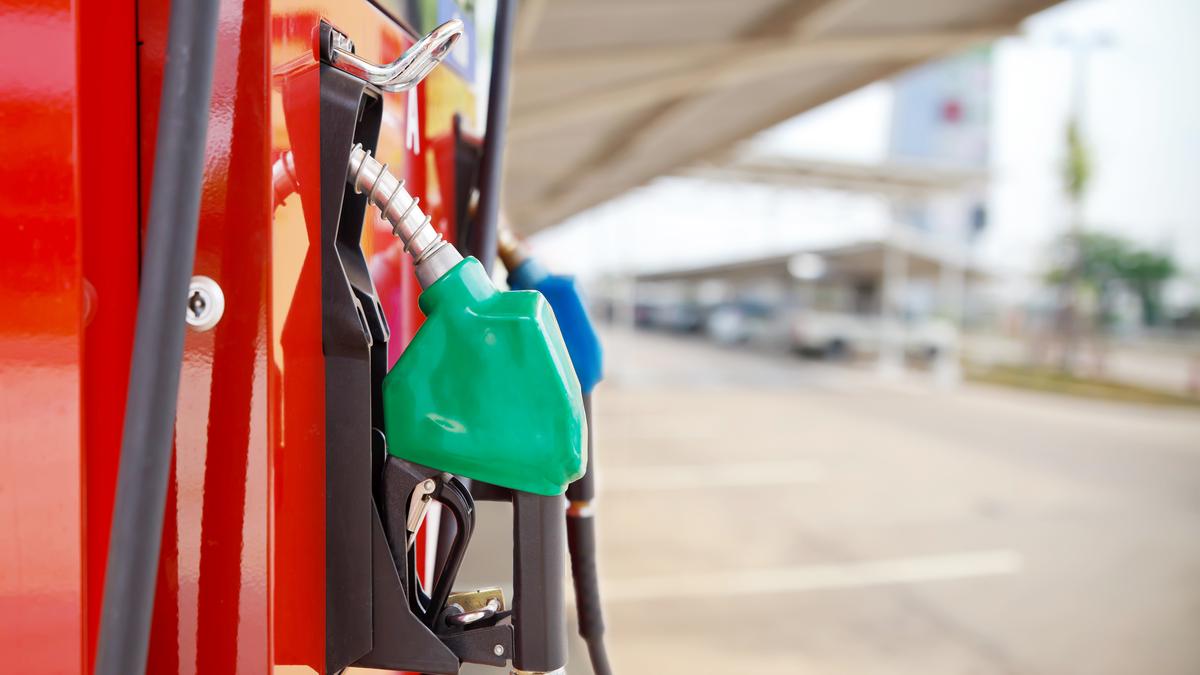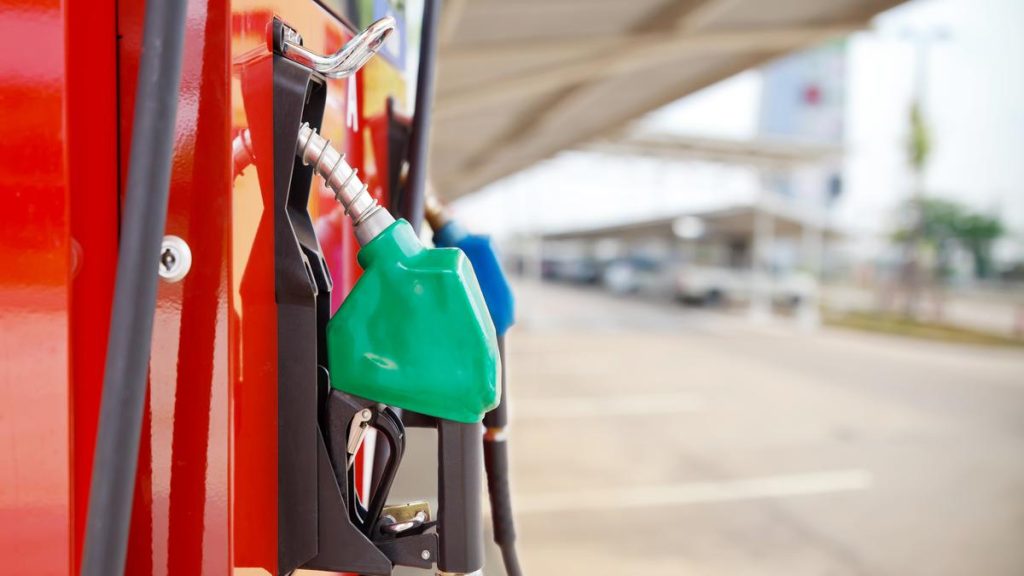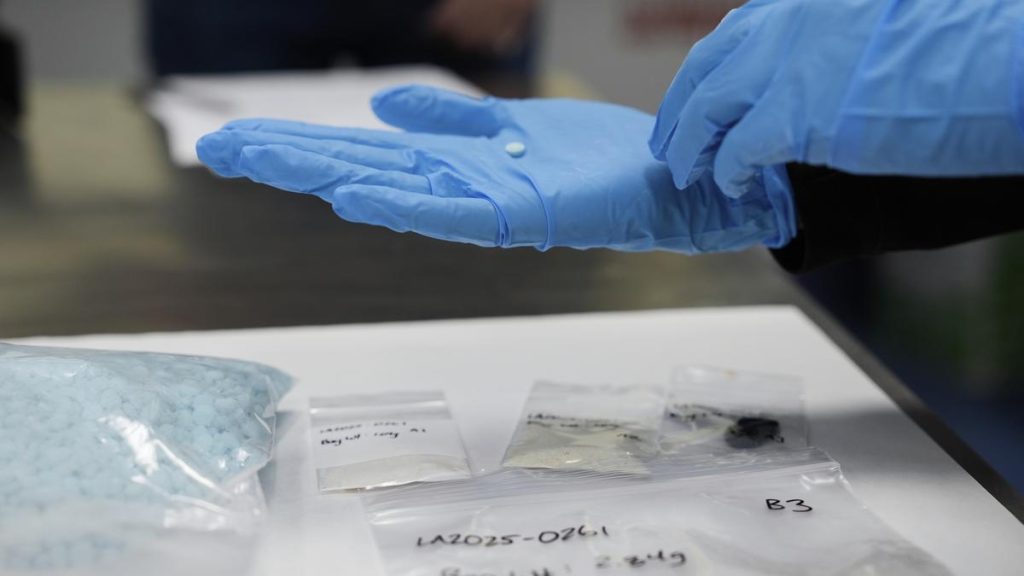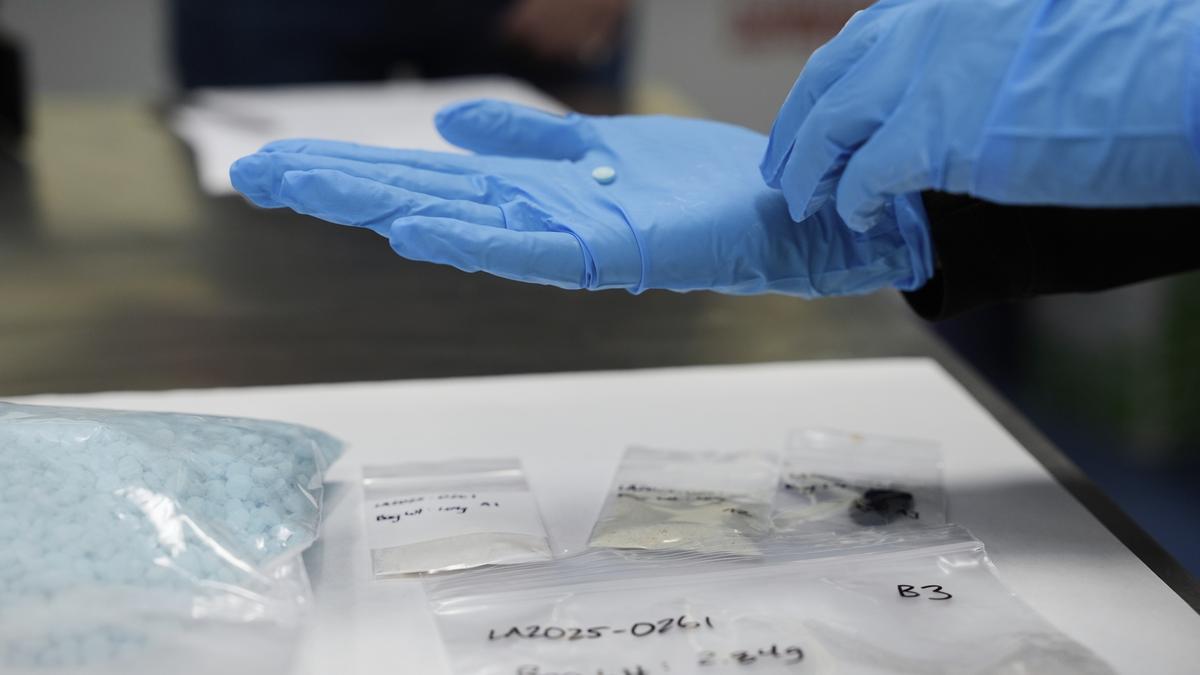Now Reading: Can Isobutanol Be Successfully Blended with Diesel? Here’s What Experts Say
-
01
Can Isobutanol Be Successfully Blended with Diesel? Here’s What Experts Say
Can Isobutanol Be Successfully Blended with Diesel? Here’s What Experts Say

Quick Summary
- Objective: Union Transport Minister Nitin Gadkari announced that the Automotive Research Association of India (ARAI) is studying the feasibility of blending isobutanol with diesel. Previous attempts to blend ethanol with diesel were unsuccessful.
- Advantages of Isobutanol:
– Blends better than ethanol, requires no additional components for efficiency.
– Has a higher flash point compared to ethanol, reducing risks associated with volatility and fire hazards.
- production and Costs:
– Isobutanol can be produced from sugarcane syrup, molasses, and grains using engineered microbes designed to produce isobutanol instead of ethanol.
– Production modifications in existing refineries are minimal – minor retrofitting required for fermentation and distillation tanks.
- Potential Concerns:
– Lower cetane number compared to diesel could lead to ‘fuel knock’ or uneven combustion unless additives are used (raising costs).
– Miscibility issues between diesel and isobutanol may require biodiesel as an intermediary mixing agent.
- Significance for Emissions & Imports: Proper blending would reduce emissions and assist in import substitution; however, studies into different vehicle types are necesary before scaling up usage.
- Timeline & Scope: A pilot project will take approximately 18 months to complete. If accomplished, India would be the first nation to blend isobutanol with diesel.
Indian Opinion Analysis
The exploration into blending isobutanol with diesel reflects India’s commitment toward innovation in alternative fuel solutions amid its broader aims for sustainability and energy security under the net-zero emission targets by 2070. While there are clear advantages such as reduced volatility risks, improved potential efficiency over ethanol blends, and benefits toward resource utilization amidst surplus production capacities (ethanol), the scientific merits like flash points need further substantiation through sustained trials.
economic concerns emerge given incremental production costs linked to infrastructure retrofitting or miscibility challenges remedied via biodiesel addition alongside possible mileage shifts generally framing demand elasticity across transitionary debates aligned Industry Productivity evaluating intervention overhaul pathways beyond scope/indexing constituent gains anticipatory future-ready scenario frameworks.
Read More: The Hindu Article






















